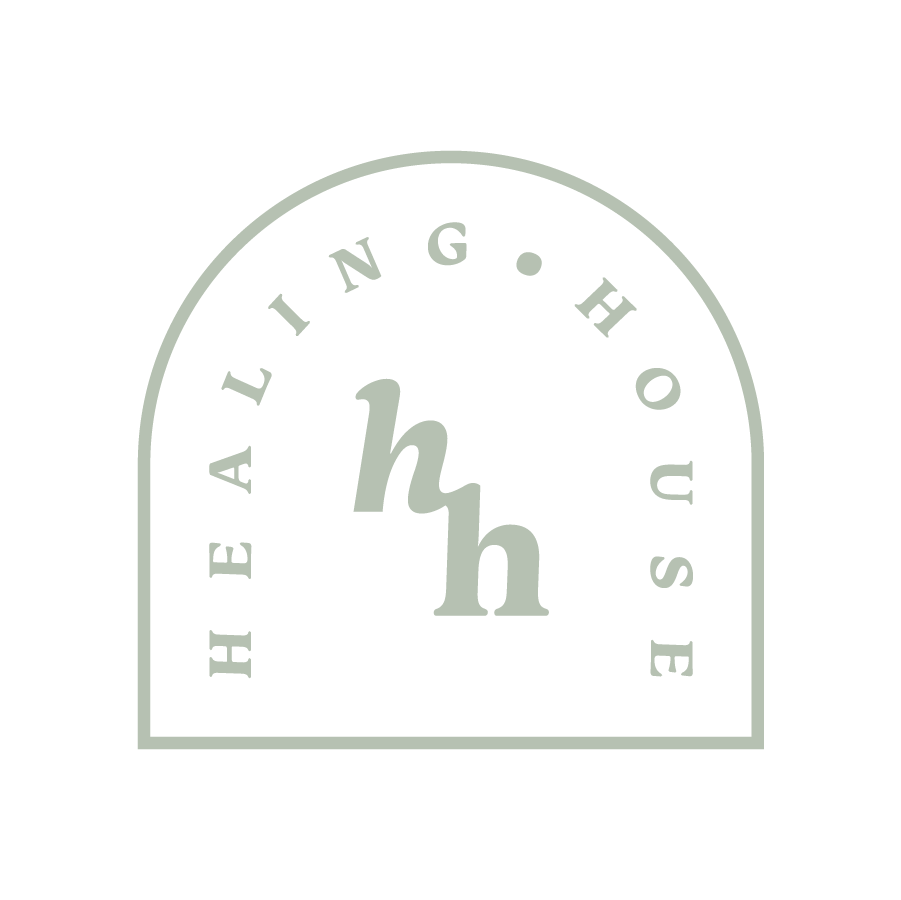Postpartum Depression: How to recognize it and get the support you need
1 in 9 moms will suffer from postpartum depression, making it a common concern for parents following childbirth. It is in NO WAY a character flaw or a parental shortcoming, but it can sure feel that way when you’re the one struggling. Needless to say, this can prevent individuals from reaching out for help.
Of course, having a baby elicits some amazing feelings of joy and happiness, but this huge life transition can also feel overwhelming and trigger depressive symptoms. While it’s easy to dismiss some of these feelings, it’s important to be proactive about recognizing symptoms of postpartum depression (PPD) to connect to the resources and support necessary for managing PPD.
What is Postpartum Depression and what are the symptoms?
The time during and following a pregnancy is a vulnerable time for parents and a time of serious transition. Individuals can develop symptoms within the first few weeks after giving birth, but PPD can begin even earlier –think during pregnancy, a year after giving birth, and anywhere in between. PPD can include the following symptoms:
· Depressed moods or mood swings
· Loss of interest of pleasure
· Sluggishness, fatigue
· Feeling sad, hopeless, helpless, or worthless
· Difficulty sleeping/sleeping too much
· Changes in appetite
· Difficulty concentrating/confusion
· Crying for “no reason”
· Lack of interest in the baby, not feeling bonded to the baby, or feeling very anxious about the baby
· Feelings of being a bad mother
· Fear of harming the baby or oneself
· Suicidal thoughts/ intent
What can I do about Postpartum Depression?
If PPD is affecting your quality of life and your symptoms feel persistent or are inhibiting your functionality, help is available to you. PPD is a common struggle and you don’t have to go through it alone! Reaching out for support can be tough, but such a necessary step in finding relief.
Counseling and Treatment for PPD
We encourage you to build your support network during this time. Gather support from family, friends and call a counselor if needed. Counseling and treatment may consist of talk therapy, a medication regime, or both. Treatment looks different depending on your individual needs. Our counselors feel passionately about working depression and helping individuals build new coping tools. Contact one of our counselors to find out more about treatment options and scheduling.
Authored by Anna Zapata, LPC

